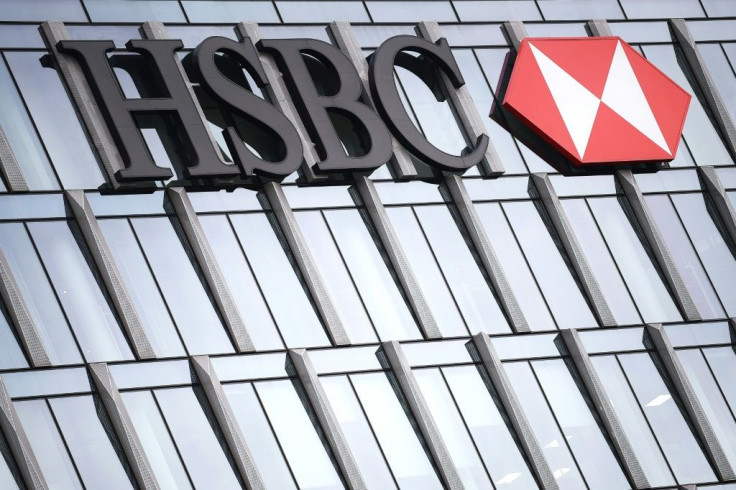HSBC Seeks To Double Number Of Black Senior Staff By 2025

KEY POINTS
- Black workers at the bank have felt ignored in terms of promotions and opportunities
- HSBC has also hired a recruiting firm to assist with retaining Black talent
- Goldman Sachs and Lloyds Banking Group have made similar moves to increase the number of Black employees
HSBC Holdings (HSBC) said it has committed to doubling the number of the bank’s senior employees within five years, according to an internal memo released by Chief Executive Noel Quinn in response to the ongoing Black Lives Matter movement.
HSBC defines “senior” as holding a rank of “GCB3” or higher in the bank’s hierarchy – roughly equal to at least head of department.
Reuters reported that Quinn also said in the memo that Black workers at the bank have felt ignored in terms of promotions and opportunities and were “uninspired by the lack of senior role models.”
“The Black Lives Matter movement has rightly created more urgent demand for action,” Quinn said. “I want us to be judged by the concrete, sustainable actions we take to be a more diverse and inclusive bank.”
HSBC has also hired a recruiting firm to assist with retaining Black talent for leadership roles, Quinn noted.
Since the killing of George Floyd in Minneapolis by police in late May, the bank has held meetings with Black employees to discuss their concerns over systemic racism.
At those meetings, Black staff declared that “HSBC has not been strong or vocal enough as an organization on matters that concern them,” Quinn added.
However, the bank did not specify what percentage of current senior employees are Black.
Other major global banks, including Goldman Sachs (GS) and Lloyds Banking Group have made similar moves to increase the number of Black employees.
HSBC has recently come under criticism by the U.S. government, among others, for acquiescing with China’s draconian new security laws in Hong Kong, where the bank has extensive operations.
Last month the bank said it would lay off some 35,000 workers.
An opinion piece in American Banker proposed that banks must go further to make amends for their history of racial discrimination.
“Financial discrimination and the resulting inequities are one of the most powerful contributors to the Black community’s frustration,” wrote Jennifer Tescher, CEO of Financial Health Network. “Bankers should start by proactively supporting their Black employees. The coronavirus pandemic was already driving a dramatic increase in depression, anxiety and other mental health concerns, especially among the hardest-hit communities. Layer on the existential stress of watching and hearing about people being murdered simply for being Black, and it’s likely heightening the distress Black employees are feeling.”
Tescher also said banks should admit to their role in redlining – the denial of mortgages and other services to Blacks.
“One of the most significant historical contributors to today’s racial wealth gap is lenders’ refusal to make mortgages in minority neighborhoods,” she added.
© Copyright IBTimes 2025. All rights reserved.





















